The David F. Linowes Lecture on Public Policy and Management
News & Events
The David F. Linowes Lecture on Public Policy and Management
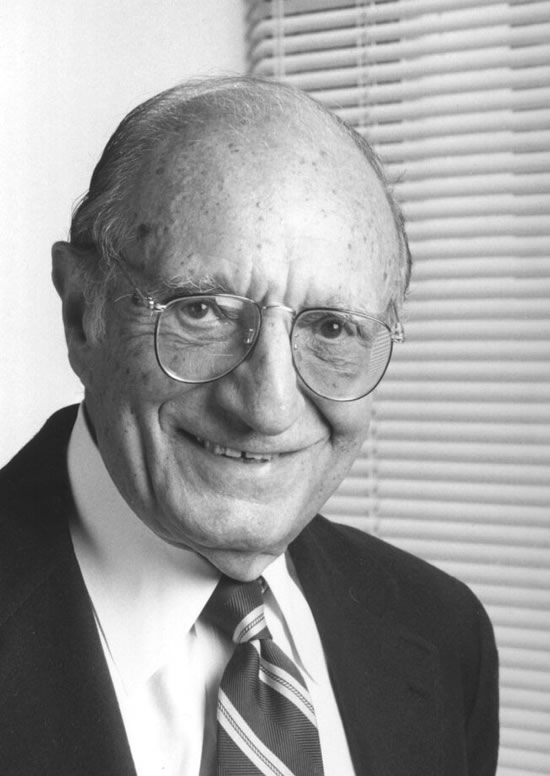
The David F. Linowes Lecture on Public Policy and Management is an annual lecture that brings an internationally prominent speaker to campus to discuss social, economic, organizational, and/or political aspects of national problems. This lecture series is supported through the kind generosity of the family of David F. Linowes.
How Organized Crime is Organized: Lessons from the Gangs of Medellin (Flyer)
Date: March 27th, 2024 | 3:30-5:00 PM
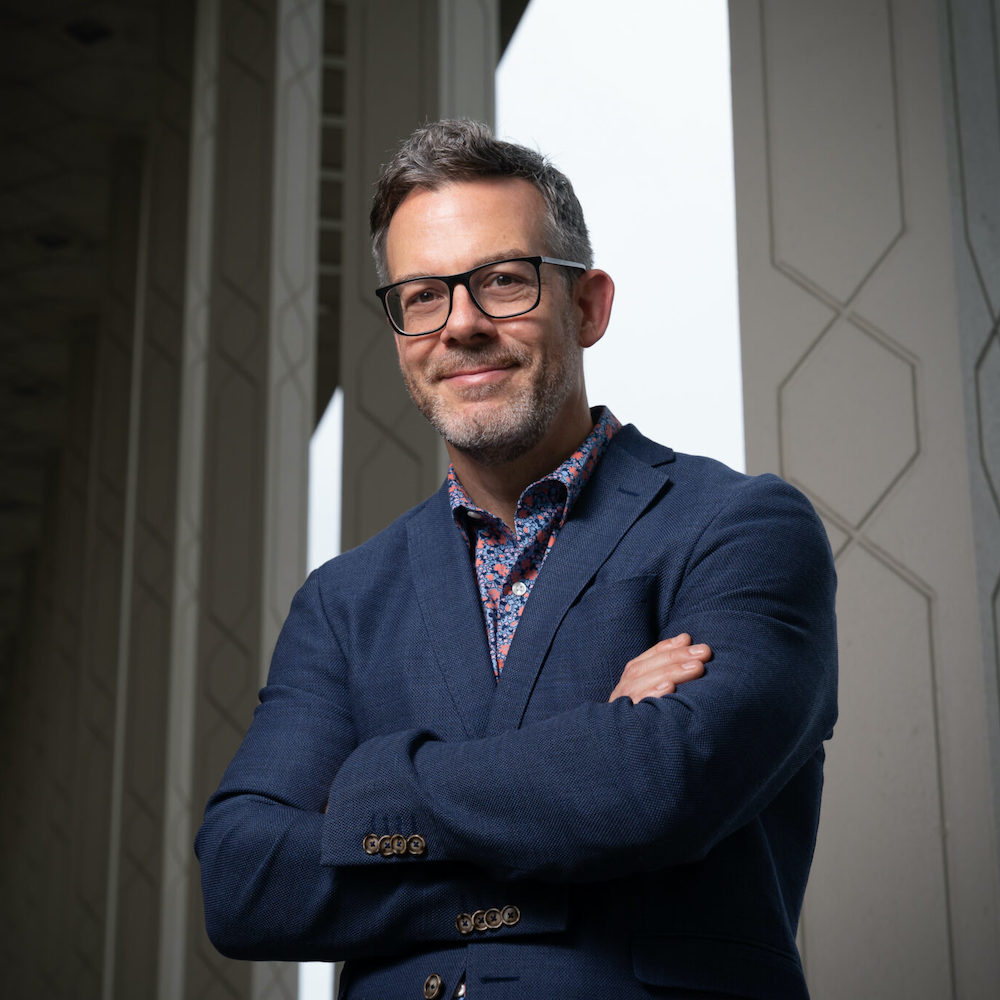
Location: English Building Room 160
Description: Medellin, Colombia, has roughly 400 highly organized, highly profitable drug-selling gangs. Virtually every low- and middle-income neighborhood is under the control of one gang or another. In addition to selling drugs, many gangs also sell protection and consumer goods. Despite the large number of gangs and the enormous rents, however, Medellin has one of the lowest homicide rates of any large city in the region. Why is Medellin peaceful, and what does this have to do with the industrial organization of crime in the city? What can we learn about the criminal market organization and the drivers of peace or conflict in cities across the Americas? To answer these questions, we interviewed more than 150 members and leaders of 80 drug-selling gangs and mafias. We also collected representative block-level data on gang activities, governance, and legitimacy. As in many cities in the US and Latin America, we document a hierarchy of criminal organizations, including a small number of mafia-like organizations that organize street gangs and the drug industry through long-term relational contracts. Peace is partly driven by the purposeful development of criminal governance institutions, where the primary incentive is oligopolistic pricing and control of the retail drug market. Government policies have also helped to incentivize peaceful bargaining among gangs, strengthening mafia control, but preventing vertical and horizontal integration in the criminal sector. We discuss parallels to US, Brazilian, and other cities across the Americas, and what this implies for policy.
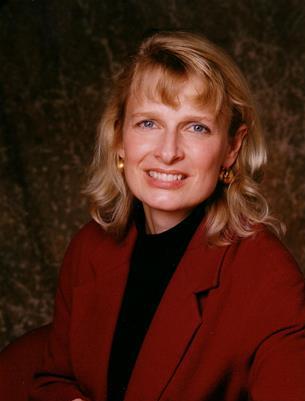
The 2019 David F. Linowes Lecture was given by Professor Diana Mutz of the University of Pennsylvania. Prof. Mutz brought a scientific perspective to debates about public perceptions of globalization. She argued that economic explanations alone are insufficient, and presented new evidence that people extend their beliefs about human interactions generally to multinational relationships. Her research suggested that international trade requires that we trust distant, impersonal organizations and dissimilar people, which goes against the grain of human psychology.
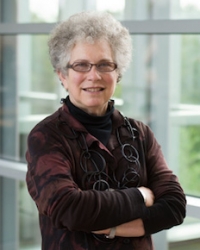
The 2018 Linowes Lecture by Professor Margaret Levi of Stanford University, one of the world's foremost experts on governance, discussed how today's democracies can address fundamental challenges to their legitimacy. Structural crises may force nations to revise both their political and moral economies—the reciprocal rights and obligations that link people to their governments, corporations, and civil society. She described how governments can persuade citizens they are trustworthy, competent, and legitimate.
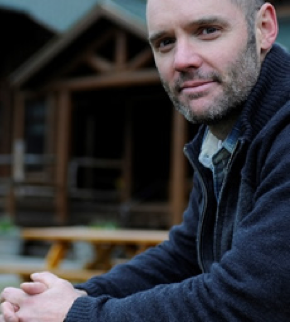
The 2017 Linowes Lecture featured Prof. Scott E. Page, Director of the Center for the Study of Complex Systems at the University of Michigan. For this talk, Prof. Page helped explain how models can be useful to us. Models help us understand, explain, predict, and act by simplifying reality or constructing artificial analogues. Consequently, any one model is insufficient to capture the complexity of a social process, and one social question can be described by many flawed models. By applying ensembles of diverse models, we can reach deeper understanding, make better predictions, choose wiser policies, implement better designs, and reveal multiple causal logics. This ‘many to one’ approach can help us find near-truths that exist at what Prof. Richard Levins called "the intersection of independent lies."
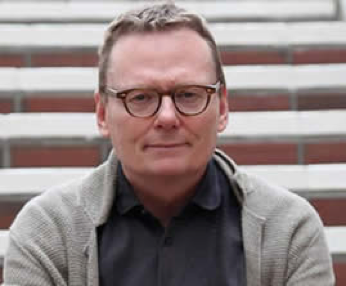
The 2016 Linowes Lecture featured Prof. James A. Robinson, University Professor at the University of Chicago’s Harris School of Public Policy. His talk addressed a fundamental socio-political dilemma: political centralization yields important economic and social benefits, but it risks creating instruments of repression and kleptocracy. Neither Thomas Hobbes’ benevolent Leviathan nor James Scott’s vision of peaceful anarchic communities rejecting state structures explains how communities overcome this impasse. Research suggests that nations thrive when governed by inclusive institutions: a highly capable state constrained by a broad distribution of political power. When social norms or infighting inhibit the formation of viable state institutions — as in the case of Nigeria’s pre-colonial Tiv and modern-day Colombia — societies may suffer under the chaotic rule of a 'Paper Leviathan.' When peoples embrace state-building but not accountability, 'Real Leviathans' may result — an outcome we see in contemporary Rwanda. Both Real and Paper Leviathans become barriers to peace and prosperity. Successes like Ancient Greece and Early Modern England illustrate the socio-economic factors and decisions that enable a society to navigate the risks and benefits of governance by carefully balancing enhanced state strength with the rule of law and equitable access to power.
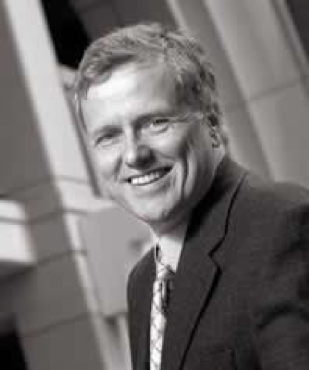
The 2015 Linowes Lecture featured Prof. Philip E. Tetlock, the Annenberg University Professor of the School of Arts and Sciences and Wharton School at the University of Pennsylvania. His talk was about his research in forecasting tournaments. Forecasting tournaments are level-playing-field competitions that tell us which individuals, teams, viewpoints or algorithms generate the most accurate probability estimates on which topics. I will describe a massive geopolitical tournament sponsored by the U.S. intelligence community that tested clashing hypotheses on the feasibility of improving the accuracy of political judgment and on the best methods of doing so. The tournament’s winner, the Good Judgment Project, outperformed the simple average of the crowd by (a) designing new forms of cognitive-debiasing training, (b) incentivizing rigorous thinking in teams and prediction markets, (c) skimming top talent into elite collaborative teams of “super forecasters,” and (d) fine-tuning aggregation algorithms for distilling greater wisdom from crowds. Most important though, tournaments have the potential to open closed minds and improve assertion-to-evidence ratios in polarized policy debates. Even dogmatic partisans become a bit more circumspect when they make judgments in tournaments in which they know the accuracy of their probability judgments can be easily compared to the accuracy of the other side’s judgments.
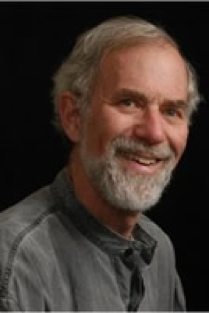
The 2014 Linowes Lecture featured Prof. David Laitin, the James T. Watkins IV and Elise V. Watkins Professor of Political Science at Stanford University. Prof. Laitin's talk dealt with his findings from studying Muslim families trying to integrate into European society.

